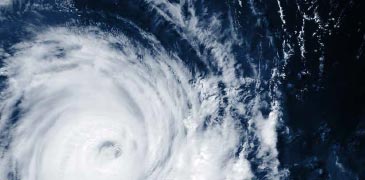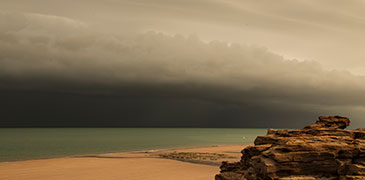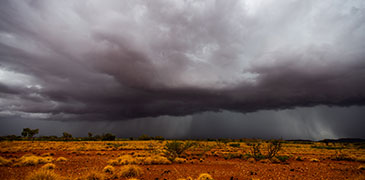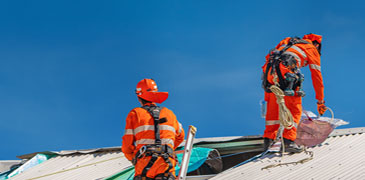Fire or life threatening emergencies: 000
Emergency Information: 13 3337
SES Emergency Assistance: 132 500
Moving Elements
Thank you! Your submission has been received!
Oops! Something went wrong while submitting the form.
All Dropdowns
Thank you! Your submission has been received!
Oops! Something went wrong while submitting the form.














